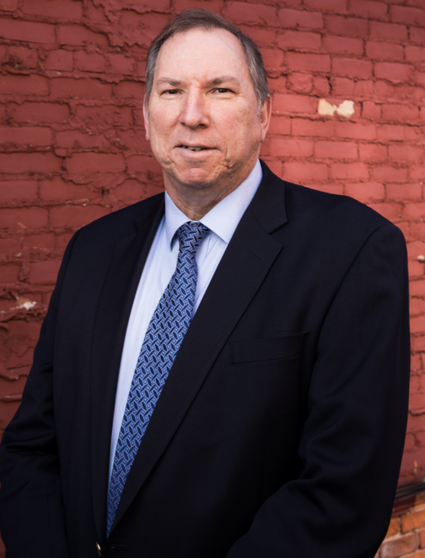March 20, 2017
Detroit – The Detroit Future City (DFC) Implementation Office announced, today, that Tom Goddeeris will serve as director of community and economic development, after a noted 25-plus years leading the Grandmont Rosedale Development Corporation (GRDC).
In his new role with the DFC Implementation Office starting April 3, Goddeeris will lead the organization’s citywide efforts related to single-family housing, commercial corridors, adaptive reuse and planning.
“The primary goal of Detroit Future City is to stabilize neighborhoods so that we can enact the 50-year vision of the Strategic Framework,” said Anika Goss-Foster, DFC Implementation Office Executive Director. “Tom has demonstrated a visionary, equitable and effective approach to stabilizing Grandmont Rosedale, respecting the neighborhood’s long-term residents while seeding new investment. He will be a remarkable asset to our team and to advancing the recommendations in the Strategic Framework.”
Goddeeris lead GRDC from a start-up non-profit to an award-winning, well-established community developed organization. He is regarded for his pioneering community and economic development strategies and programs, including single-family renovation and resale, owner-occupied home repair, blight reduction, foreclosure prevention, main street revitalization, public safety, and placemaking.
“In many ways, my experience leading GRDC has been to prepare me for this role with Detroit Future City,” said Goddeeris. “If we can apply similar strategies that have helped stabilize Grandmont Rosedale to neighborhoods citywide, we can make great strides in achieving the Framework’s 50-year vision of improving quality of life in neighborhoods for Detroiters.”
Goddeeris’ accomplishments have garnered him and GRDC many recognitions. He was awarded the prestigious Terrance R. Duvernay Award from the Michigan State Housing Development Authority (MSHDA) for lifetime achievement in community development, as well as Nonprofit Developer of the Year from Detroit LISC and Community Development Advocates of Detroit, and the Spirit of Detroit award from the Detroit City Council.
“The DFC Implementation Office is continuing to expand our capacity while refining our strategies, taking a data-driven approach to identifying gaps and critical needs in our ever-evolving city. Having Tom, a well-respected community leader with strong local, state and national stakeholder relationships, lead this important work will provide immense value to our ability to provide innovative and equitable impact in Detroit’s neighborhoods,” said Goss-Foster.
The DFC Implementation Office was launched in May 2013 to advance the recommendations of the DFC Strategic Framework, a 50-year vision for Detroit. In January 2016, the DFC Implementation Office became an independent non-profit organization. The DFC Implementation Office is governed by a 13-member board of directors and has a 10-member staff.
# # #
